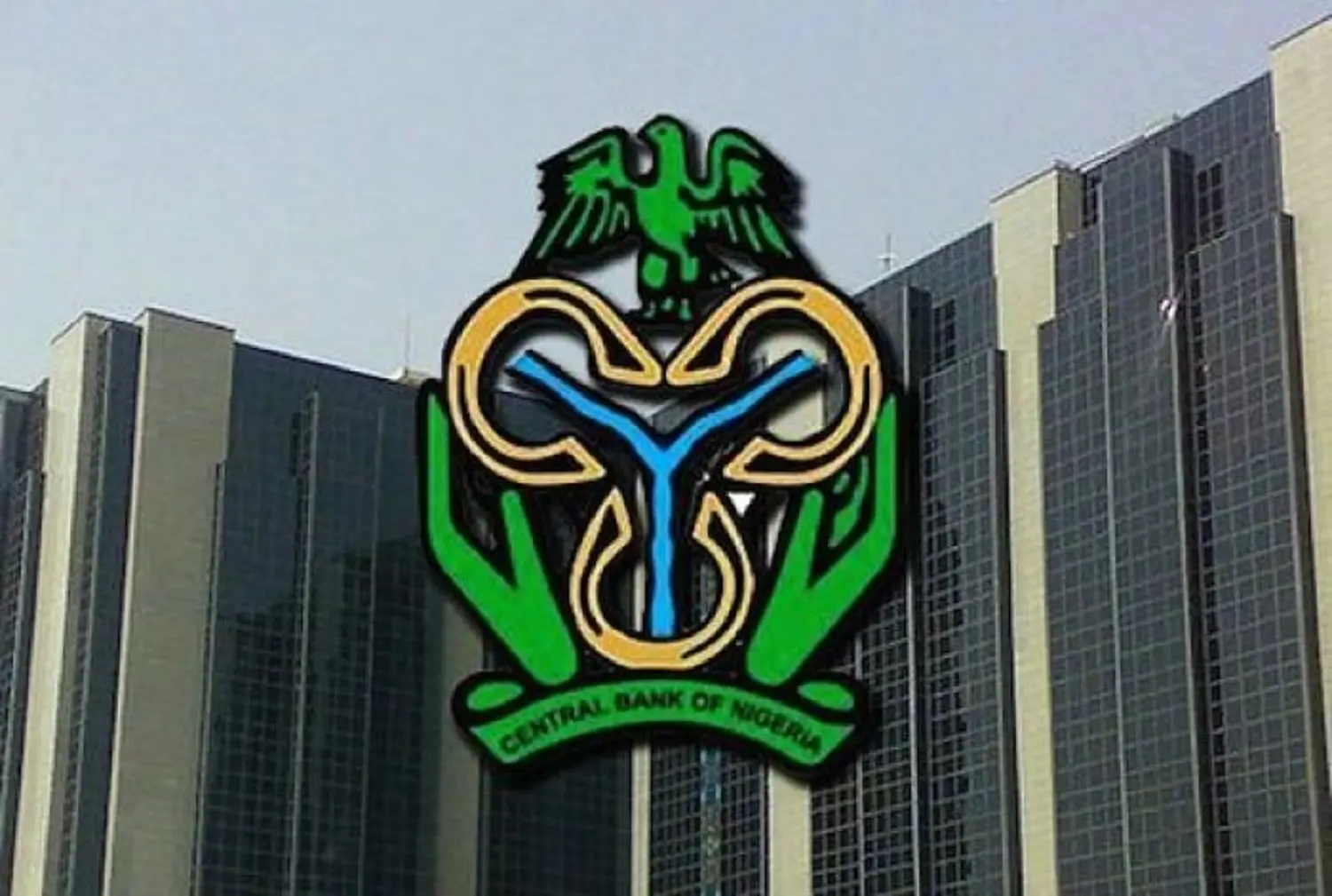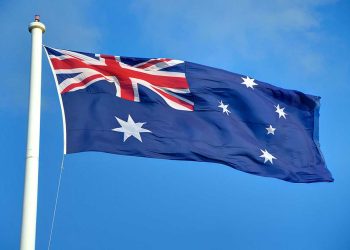Nigeria’s electricity generation increased by 17.53 percent, or 705.5 Megawatts, MW, to 4,728.2MW on Saturday, up from 4,022.7MW the previous Sunday, according to the latest statistics from the National System Operator, NSO.
The increase in electricity output happened after nearly five weeks of standstill after the National Grid’s failure on September 26, 2022.
As generating firms and the Transmission Company of Nigeria, TCN, battled to raise production, electricity output has hovered around 4,000MW.
An examination of the data revealed a steady growth over the previous seven days, increasing to 4,238.3MW the next day from 4,022.7MW on October 23, 2022.
It increased by 2.7 percent on October 25 but declined by 0.06 percent on October 26 to 4,327MW.
The data revealed that the consistent generation continued in the next three days, with 4,479.1MW, 4,647.9MW, and 4,728.2MW recorded on October 27, 28, and 29, 2022, respectively.
Shiroro Hydro, Jebba Hydro, Azura-Edo IPP, Egbin Power, Kainji Hydro, Delta Power, and Odukpani National Integrated Power Project, NIPP were the main generators that contributed to the increase in grid supply, according to further investigation.
On July 1, 2022, the federal government implemented a partial Power Purchase Agreement, PPA, with generating firms, GenCos, for the delivery of 5,505MW of energy for peak generation and 4,893MW for base load.
The agreement guaranteed payment for gas provided to the GenCos by gas firms, as well as payment for electricity delivered to the national grid by the generating companies.
Because of the new partial power purchase agreements, all 25 power producing facilities on the grid now have an agreement in place to create a set quantity of electricity and be compensated for it.
The government’s audacious move has been impeded by two nationwide grid failures, which have slowed efforts to increase grid supplies.
Experts have called for a complete overhaul of the power grid system as a result of the grid’s regular failures.
Ifeoluwa Oyedele, Executive Director, Networks, Niger Delta Power Holding Company, said in a message to Vanguard that it has become important for the industry to acquire the Supervisory Control and Data Acquisition, SCADA, technology.
“The National Grid is too huge geographically,” he said.
A SCADA System is a fundamental need for the Transmission Network’s proper functioning.”













